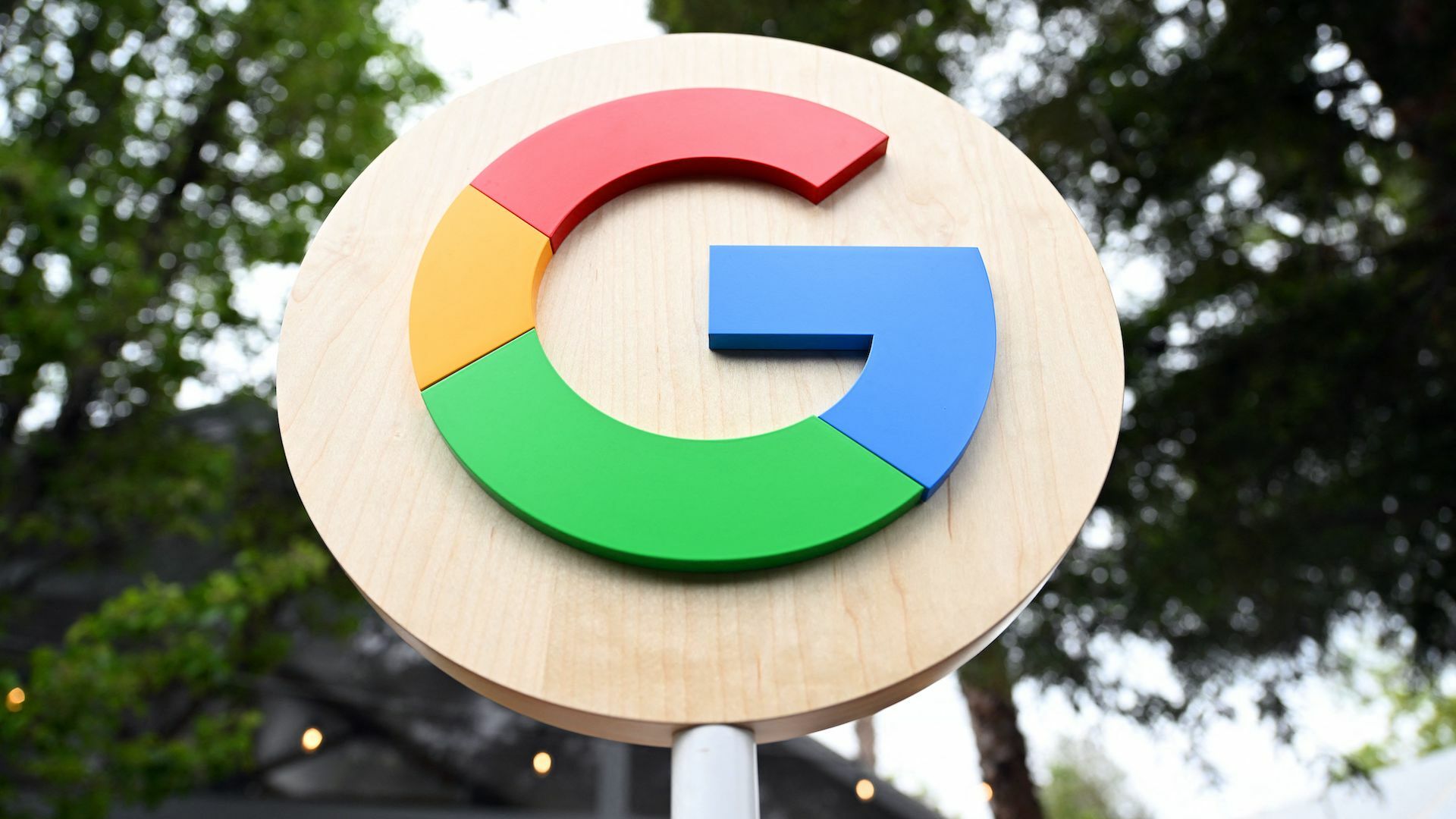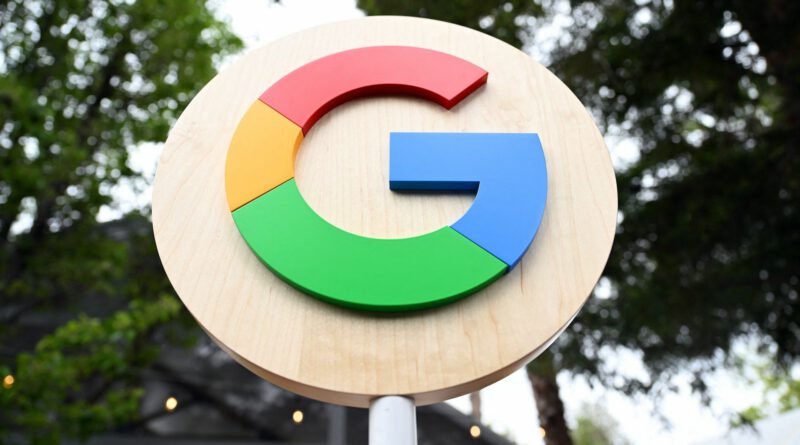Google loses lawsuit to ‘Fortnite’ developer Epic Games

Fortnite creator Epic Games has won a major victory over Google after a three-year legal battle that could change the game for app developers using the company’s Play Store.
On Monday, a jury in San Francisco unanimously decided that Google had violated antitrust laws by limiting competition for app developers within its Play Store for Android. The jury agreed that Epic Games had proven the company had been “injured” as a result, and that “Google wilfully acquired and maintained monopoly power by engaging in anticompetitive conduct”.
“Victory over Google!” Epic Games CEO Tim Sweeney posted on Twitter/X following the verdict. “Thanks for everyone’s support and faith! Free Fortnite!”
According to The New York Times, remedies will be discussed in court next year. Google plans to appeal the verdict.
“Android and Google Play provide more choice and openness than any other major mobile platform,” said Wilson White, vice-president of government affairs and public policy at Google, in a statement published by the BBC. “The trial made clear that we compete fiercely with Apple and its App Store, as well as app stores on Android devices and gaming consoles.
“We will continue to defend the Android business model and remain deeply committed to our users, partners, and the broader Android ecosystem.”
Epic launched its lawsuit in Aug. 2020 “to end Google’s unlawful monopolization and anti-competitive restraints,” specifically targeting Google’s sole dominance over Android app distribution and the mandatory use of Google Play’s billing system for in-app transactions, from which Google takes a significant cut — 15 percent for automatically renewing subscriptions, 15 percent service fee for the first $ 1 million revenue earned by the developer each year, up to 30 percent for devs earning over $ 1 million.
Epic launched a similar lawsuit against Apple in 2020, which ultimately ruled in favor of Apple but nonetheless left a dent in Big Tech’s defences. The whole thing started on Aug. 13, 2020 when Apple and Google both removed Epic’s wildly popular game Fortnite from their respective app stores, after Epic introduced a way for players to bypass the company’s in-app purchase requirements (meaning Apple and Google didn’t get their cuts).
In its filing against Google, Epic claimed the company violated both the Sherman Act (a federal law passed in 1890 “aimed at preserving free and unfettered competition as the rule of trade”) and the California Cartwright Act (a state law prohibiting anti-competitive activity in the California). In the original lawsuit, Epic claimed:
Google has eliminated competition in the distribution of Android apps using myriad contractual and technical barriers. Google’s actions force app developers and consumers into Google’s own monopolized “app store”—the Google Play Store.
Google has thus installed itself as an unavoidable middleman for app developers who wish to reach Android users and vice versa. Google uses this monopoly power to impose a tax that siphons monopoly profits for itself every time an app.
With Google set to appeal, the battle for Epic vs. Google may not be entirely done, but the gaming company’s win will certainly have major ramifications, especially for app developers releasing on Android. It ain’t over.

